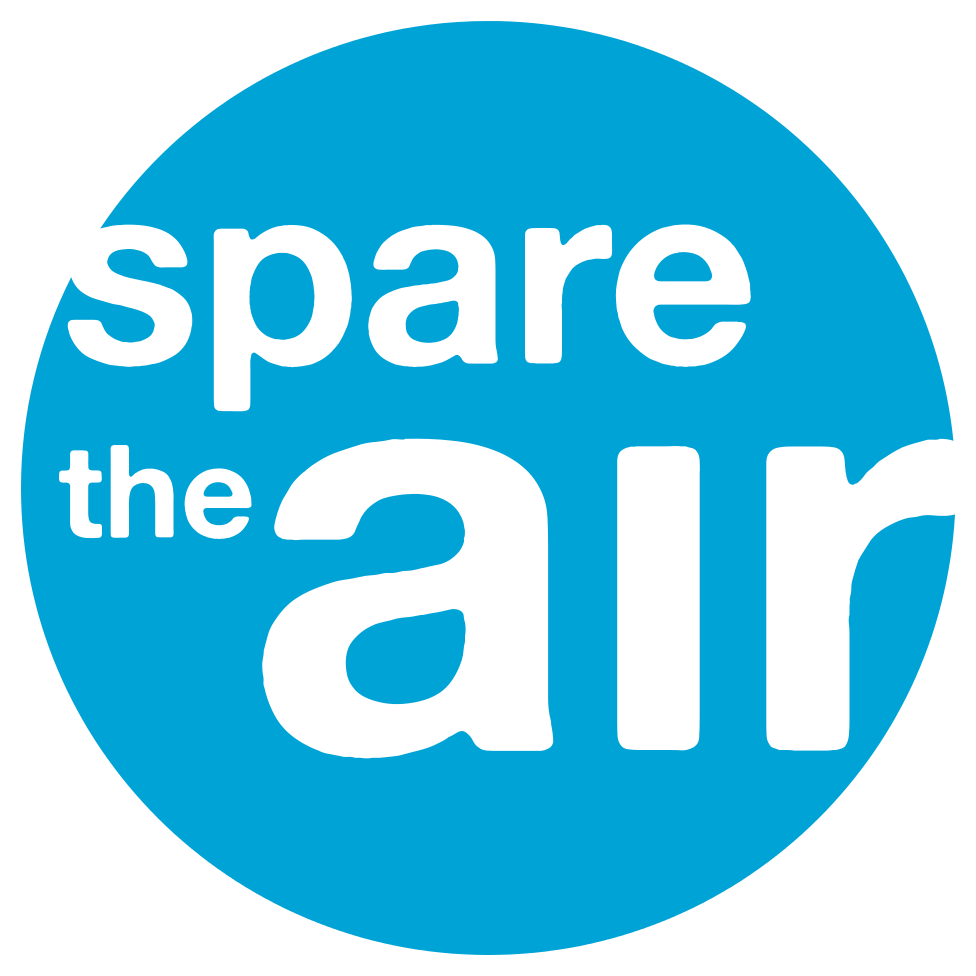Wood Burning Rule
In 2008, the Air District passed a rule that makes it illegal to burn wood on days when a Spare the Air Alert is in effect for particulate pollution. This regulation was adopted to protect public health, and originally only applied to the winter months between November and February.
In 2019, the rule was amended to extend the wood burning ban to include any days year-round when a Spare the Air Alert is in effect due to high levels of fine particulate pollution, such as during a wildfire.
The fine particles in wood smoke are about 1/70 the width of a human hair. They can bypass the body's natural defense systems in the nose and throat, enter the lungs and the bloodstream, and cause serious health effects. High levels of fine particle pollution can make breathing difficult, aggravate asthma, and cause premature death for people with heart or lung disease.
During winter months, wood smoke is the largest source of air pollution in the Bay Area, accounting for more than one-third of fine particulate matter pollution. On cool, calm days when there is an inversion layer of warm air acting as a lid over a layer of cold air, wood smoke can build up at ground level to unhealthy concentrations.
When fine particle pollution is expected to exceed the Air District's Wood Burning Rule threshold, the Air District will call a Spare the Air Alert for particulate pollution, during which the use of fireplaces, outdoor fire pits, and wood stoves will not be allowed. For more information, and to file a wood burning complaint, you can call 1-877-4NO-BURN (1-877-466-2876).
Hot Tips for Good Air
When a Spare the Air Alert is called due to high levels of fine particulate pollution, the Air District's wood-burning regulation makes it illegal indoors and outdoors throughout the Bay Area to burn wood, fire logs, pellets, or other solid fuels in a fireplace, wood stove, outdoor fire pit, or other wood-burning device. This regulation applies to both households and businesses like hotels and restaurants.
First-time violators will be given the option of taking a wood smoke awareness class, online or by mail, or paying a $100 ticket. Second violations will result in a $500 ticket and subsequent ticket amounts will be higher.
Avoid getting a ticket with these easy steps.
Check for Alerts Before You Burn
Never miss an alert by signing up for Spare the Air Alerts. Customize your alert for text, email, or phone call.
Spare the Air Alerts will also be posted to the Spare the Air and Air District websites and social media pages (Facebook, Twitter, and Instagram). Many local radio and TV news media also broadcast the alerts.
Keep in Compliance
Besides making wood burning illegal on Spare the Air Days issued for fine particle pollution, there are other provisions in the Wood Burning Rule.
Wood-burning devices are prohibited in new buildings constructed in the Bay Area. Gas-fueled fireplaces and logs, gas inserts, and electrical fireplaces are permitted.
Any resident who begins a chimney or remodeling project that costs more than $15,000 and requires a building permit may only install a gas-fueled, electric, or EPA-certified device. Residents whose sole source of heat is a wood-burning device are required to use an EPA-certified device that is registered with the Air District. Open hearth fireplaces no longer qualify for an exemption.
Know What You Burn
The Wood Burning Rule places a year-round prohibition on excessive chimney smoke. Smoke is in violation when it obscures objects viewed through it by more than 20 percent. A violation can result in a fine.
The burning of garbage, plastics, or other harmful materials in fireplaces and wood stoves is also prohibited year-round.
Only burn clean, dry wood in short, hot fires, and look for the “seasoned” label that the Wood Burning Rule requires from suppliers. Seasoned wood has low moisture content and burns more cleanly. Before purchasing, installing, or operating a wood-burning device, check that the device is EPA-certified.
While fires for cooking are not prohibited during Spare the Air Alerts, consider public health and be mindful of air quality on these days. Consider using a gas or propane barbecue rather than a wood or charcoal-fired cooking device.
Exemptions
The Wood Burning Rule does not completely ban fireplaces and wood stoves or completely prohibit wood burning in the Bay Area. It also does not require the replacement of existing fireplaces or wood stoves.
Financial Assistance
Information about financial assistance programs for paying for home heating needs is available in English, Spanish, and Vietnamese.

